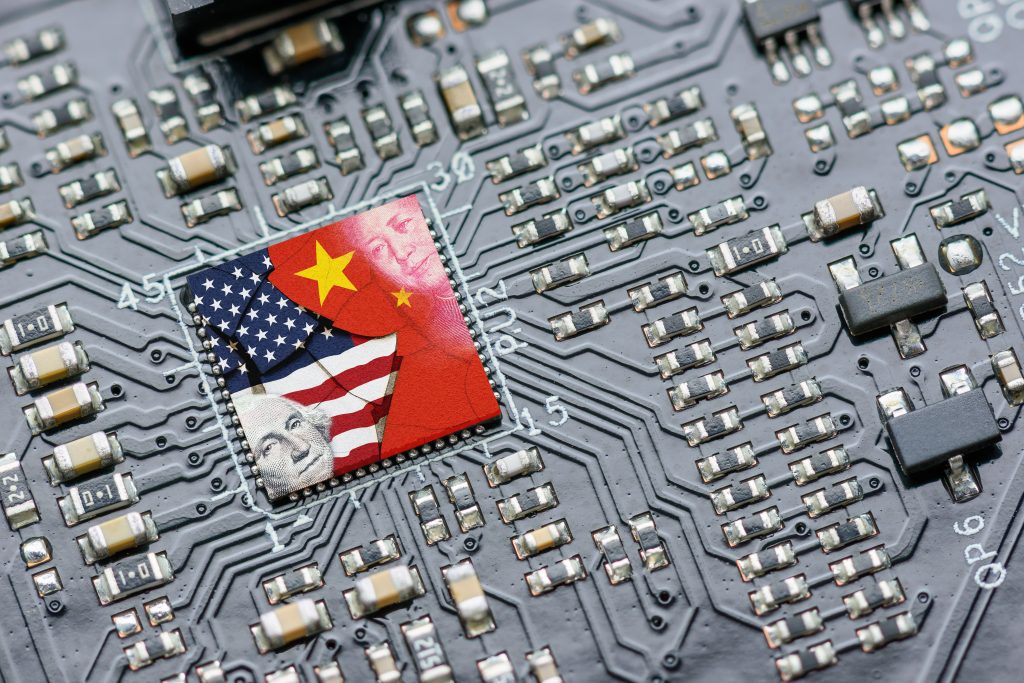Nvidia confirms US restrictions on sale of high-end AI chips to China
Chip designer Nvidia has confirmed that new US export curbs on the sale of its high-end artificial intelligence (AI) chips to China have come into effect prematurely. US aim to prevent countries like China, Iran and Russia from acquiring advanced AI chips.

Nvidia has confirmed that new US export restrictions on the sale of its high-end AI chips to China have taken effect prematurely. The restrictions were announced by the Biden administration on 17 October, aiming to prevent countries such as China, Iran, and Russia from acquiring advanced AI chips. The implementation of the curbs, originally set to take place 30 days after the announcement, was accelerated and came into effect on Monday.
The company does not expect an immediate impact on its earnings from the restrictions but has not provided a reason for the accelerated timing. The US Department of Commerce declined to comment, and other affected chipmakers, including Advanced Micro Devices (AMD), have yet to respond to requests for comment. Intel, which began selling its Gaudi 2 chips in China in July, stressed it is currently reviewing the regulations and assessing the potential impact.
While Nvidia remains optimistic about its future earnings, the restricted access to the Chinese market, a major player in the tech industry, may have longer-term implications for the affected chip manufacturers.
Why does it matter?
The accelerated timing of the restrictions raises questions about the motivations behind them and their potential implications on ongoing trade tensions between the US and China. The US government’s desire to control the transfer of advanced AI technologies to countries seen as potential threats is evident in the implemented measures. As the restrictions already took effect, the affected companies will need to navigate the challenges posed by limited market access and the uncertain landscape of US-China trade relations.


